OUR WAGES Grantmaking = Real Community Movement
From 2017-2021, 23 Grantee Partners Worked Together for Women's Prosperity
At the Capitol and within communities, our WAGES (Women Achieving Greater Economic Security) cohort of 23 grantee partners worked together from 2017-2021 to address the needs of women and their children. The WAGES approach centered on helping women with low incomes earn livable wages, the gateway to greater access and opportunity that can break inter-generational cycles of poverty and help women rewrite their families' stories.
At the end of the program in 2021, direct-service grantees working with women in communities throughout the state reported:
- Participants made significant employment gains
- A high percentage of participants reached educational goals
- Many reduced public supports around income, housing, child care, food and healthcare
Over five years, public policy grantees passed several bills to advance economic opportunity for women, such as:
- Accessible and affordable child care
- Equal pay for equal work
- Child and earned income tax credits
- Law enforcement accountability
How Did WAGES Work?
Together, 15 direct-service partners serving women and their families directly and eight public policy partners comprised our WAGES grantee cohort. As part of a unified cohort of grantees all working to accelerate Colorado women’s progress toward economic security, grantee partners learned from one another to deepen the impact of their work. WFCO convened the WAGES cohort several times annually each of these years and prioritized learning in the areas of equity and two-generation strategies for overcoming poverty. WAGES ended 2021, and funding opportunities no longer exist. Our WINcome grantmaking program, an evolution of WAGES, launched in 2022.
Read our final WAGES report.
Public Policy Grantees
Eight Denver-based public policy partners addressed statewide systems-level changes by advocating for policies that enabled and empowered women to enter and remain in the workforce.
 |
|
Advocating statewide for workplace flexibility, the safety net, equal opportunity, and taking steps to close the pay gap.
|
|
 |
|
Examining and prioritizing policy solutions that ensure women can prepare for, obtain, and retain living wage careers, including convening a two-generation work group and leading research efforts for paid sick leave.
|
|
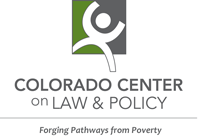 |
|
Coordinating an advocacy coalition of multi-sector partners strengthening access to middle skill jobs, and advocating for critical supports, such as child care on college campuses. With a separate WFCO research grant, updating Colorado's Self-Sufficiency Standard and Overlooked and Undercounted, a demographic analysis of Coloradans struggling to make ends meet.
|
|
 |
|
Expanding access to affordable, high-quality child care statewide through research, policy, and advocacy.
|
|
 |
|
Working with partners across the state to engage a coalition of supporters focused on tax reform and fiscal solutions.
|
|
 |
Denver Metro Chamber Leadership Foundation
|
Engaging youth leaders to advance policy change that expands young adult access to work supports and education.
|
|
 |
|
Working to advance the reauthorization of the Colorado Child Care Contribution Tax Credit.
|
|
 |
|
Gathering valuable insights from young adult women and sharing solutions with multi-sector partners.
|
Read the research
|
Direct Service Grantees
Fifteen direct service grantmaking focused on serving women facing significant obstacles on the path to economic security. The women who participated in the programs offered as part of our WAGES grantee cohort were significantly more racially and ethnically diverse than the population of our state.
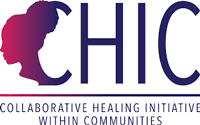 |
|
Propelling formerly gang-affiliated women out of poverty with job training, including construction apprenticeships, and peer support.
|
|
 |
|
Helping single mothers enter livable wage careers and mitigate the cliff effect.
|
Watch Julia's story
|
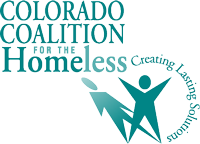 |
|
Training women who have experienced homelessness for tech industry careers.
|
|
 |
|
Providing career-focused training for parents and quality early care and education for children through a two-generation approach.
|
Watch Arati's story
|
|

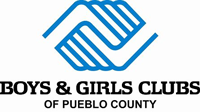
|
|
Moving women and girls toward high-growth careers with cyber security training, mentoring, and hands-on learning
|
|
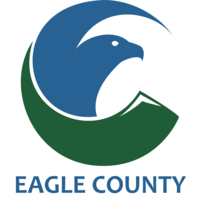 |
Eagle County Government (Department of Human Services), - Eagle County
|
Boosting workforce success through personalized supports for women exiting public assistance.
|
|
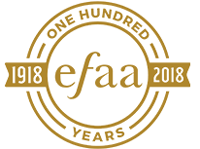 |
|
Providing basic needs support and work-based learning opportunities in partnership with Workforce Boulder County.
|
|
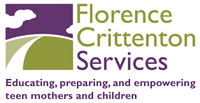 |
|
Offering wraparound support and child care, skills and employment training, and employment navigation for teen mothers.
|
|
 |
|
Offering job training and wraparound supports to help women building careers in financial services, healthcare, construction, or development small businesses.
|
|
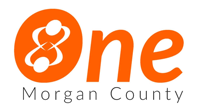 |
|
Engaging recent refugee and immigrant working mothers and building community leaders with community college support and career guidance.
|
|
 |
|
Providing single mothers moving through postsecondary education with skilled advising, career planning, and tools to support children's success.
|
|
|

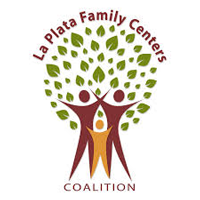
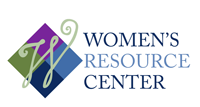
|
|
Offering comprehensive career-boosting services to women, including case management, family and parenting support, and career guidance and education.
|
|
As part of the WAGES cohort, WFCO awarded a separate grant to OMNI Institute to lead the cohort’s evaluation and learning. Additionally, WAGES was supported by facilitation partners Davian Gagne & Zoë Williams of Hawthorn Consulting.
WAGES was made possible with the support of the Women’s Funding Network (Two-Generation Advocacy Cohort); WomenGive – United Way of Larimer County; The Chambers Fund, a donor-advised fund held at The Women’s Foundation of Colorado; and WFCO’s many generous donors.